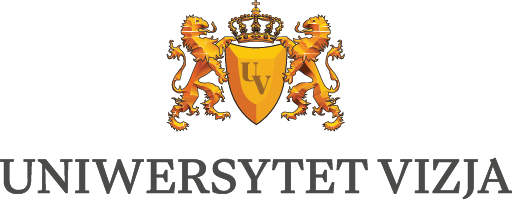27 member states of the European Union
EFTA / EEA countries: Iceland, Liechtenstein, Norway
EU candidate countries: Turkey, the former Yugoslav Republic of Macedonia, Serbia
and Partner countries
Who can participate in the programme?
Students
The offer is directed to students of all academic majors, who follow full-time or extramural courses (except for students of the first year of Bachelor’s degree courses) who meet all the criteria specified below, i.e. they have to:
- be a student and citizen of any country in the world;
- be a student of any major at the University of Economics and Human Sciences
- in Warsaw (the offer applies to undergraduate, graduate, and long-cycle master’s studies, conducted in full-time and part-time modes) for the entire duration of the Erasmus+ program departure;
- be a student in at least the second year of their undergraduate program;
- be a student in at least the second semester of their graduate program;
- not be on dean’s leave during the mobility;
- have obtained a grade point average of at least 4.0 (for study) or 3.5 (for traineeship) throughout the entire study period to date;
- be proficient in English and/or the language of the host country to the extent necessary for their studies, the minimum required level of proficiency in the language of mobility is B2(for study) or B1 for traineeship, according to the Common European Framework of Reference for Languages;
- not be subject to disciplinary sanctions or disciplinary proceedings at the time of their qualification for mobility and mobility itself;
- have passed all previous study periods;
- have paid all financial obligations to the University on time;
- have available mobility capital at a given level of study to implement the mobility;
- reside in the territory of Poland.
Graduates
A University Graduate may carry out mobility for traineeship/internship within 1 year from graduation provided that qualification for the Erasmus+ Programme takes place during the final year of studies at the latest.
Staff members
The offer is directed to staff members of the University of Economics and Human Sciences in Warsaw.
In the academic year 2024/2025, the University may co-finance 2 staff mobility for teaching assignments (STA) and 2 staff mobility for training (STT).
We promote academic mobility! Teacher, get a Diploma for your contribution to the development of academic mobility and internationalisation of the University. As a scholar of the Erasmus+ Programme you gain:
- organisational and financial support for your scientific activity;
- promotion and organisational support for extracurricular educational meetings/ scientific circles;
- priority in selection of the staff for studies in the English language;
- access to an array of university facilities (parking space, additional lecture halls, offices).

